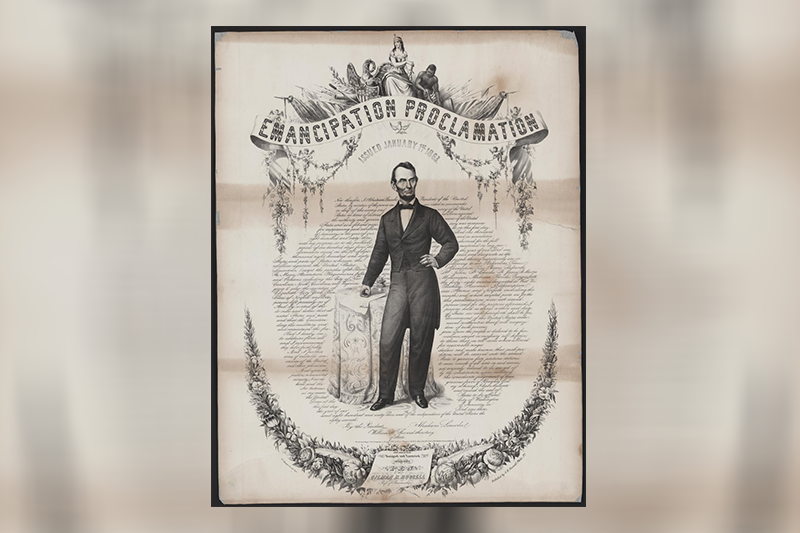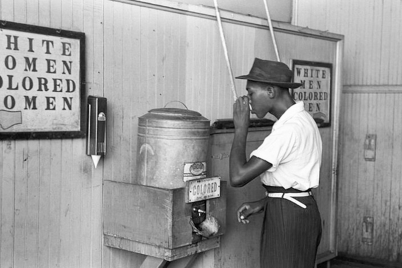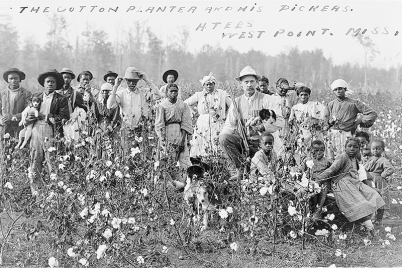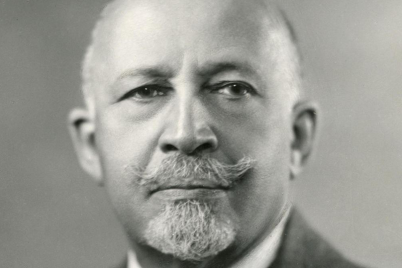By Attorney Jacqueline Hubbard, President, ASALH
One hundred and fifty-seven years ago, the final Emancipation Proclamation was written by President Abraham Lincoln and released on Jan. 1, 1863. Lincoln was considered a wise man and most historians agree he released the document because of the pressing need for more Union Troops and as a means of demoralizing and defeating the argument for white supremacy made by the Confederate slave-holding states.
On Sept. 22, 1862, Lincoln signed the preliminary Emancipation Proclamation, but the final draft stated: “I do order and declare that all persons held as slaves within said designated States, and parts of States, are, and henceforward shall be free; and that the Executive government of the United States, including the military and naval authorities thereof, will recognize and maintain the freedom of said persons.”
The Civil War had begun earlier on Dec. 20, 1860, when South Carolina seceded from the United States. Following South Carolina’s secession, 10 additional southern states withdrew from the Union within the following months, calling themselves the Confederate States of America.
On April 12, 1861, the first shots in the Civil War were fired when Confederates attacked the Union’s Fort Sumter outside of Charleston, S. C. Even prior to that, according to “The New York Times Disunion 106 Articles from the New York Times Opinionator,” Lincoln’s election guaranteed session by several slaveholding states even though he emphasizes that he “would not move against slavery where it already existed…”
Throughout the South, it was felt his election would lead to the end of the enslavement of black people and the use of free labor. In December of 1860, Frederick Douglass expressed optimism after the secession of South Carolina, and heaped scorn upon the state by saying it preferred “…to be a large part of nothing.”
The Emancipation Proclamation is one of the most important documents in African-American history and deserves to be celebrated by all Americans as one of the first steps toward black American’s liberation and right to full integration into the protections that come with freedom.
It should represent New Year’s Day. It carefully — when read in its entirety with the preliminary Emancipation Proclamation signed by President Lincoln 100 days earlier — lays the foundation for full citizenship for all African Americans. It established, without question, the fundamental purpose of the Civil War was to abolition slavery and grant equal rights for black citizens.
Federal anti-slavery policies, however, began in earnest only after the concept of slaves as “contraband of war” took hold under Union Army General Benjamin Butler. In May 1861, Butler refused to return hundreds of runaway slaves from Fort Monroe in Virginia. Thereafter, Lincoln and Congress recognized the usefulness of freed blacks to the Union Army.
In August of 1861, Congress passed and President Lincoln signed the First Confiscation Act that declared that enslaved blacks held against their will by the Confederacy were entitled to their freedom if they escaped from their captors and were declared contraband of war. This Act required the seizure of all Confederate property, including slaves “employed in or upon any fort…or in any military … service.”
It took several years after the defeat of the Confederacy in 1865 for the federal government, under President Ulysses S. Grant, to implement necessary protective measures to ensure these freedoms.
President Grant instituted brave and innovative actions such as creating the first Attorney General’s Office to prosecute the Ku Klux Klan, signing the first Civil Rights Act, passing the Civil War Amendments to the U.S. Constitution, and starting the Freedmen’s Bureau. Most historians agree President Grant’s actions led to the success, however short, of Reconstruction.
In the book “Team of Rivals: The Political Genius of Abraham Lincoln,” Doris Kearns Goodwin states that for the first time, Lincoln “officially authorized the recruitment of blacks into the armed forces.” By the close of the Civil War, more than 400,000 African Americans fought with the Union Army.
These heroes deserve to be celebrated and talked about. All people in America need to learn about their bravery. Many escaped for the sole purpose of joining the Union Army to fight for freedom.
These men and women were our first Drum Majors for Justice. Let us honor them by celebrating The Emancipation Proclamation every New Year’s Day.
Attorney Jacqueline Hubbard graduated from the Boston University Law School. She is currently the president of the St. Petersburg Branch of the Association for the Study of African American Life and History, Inc.









